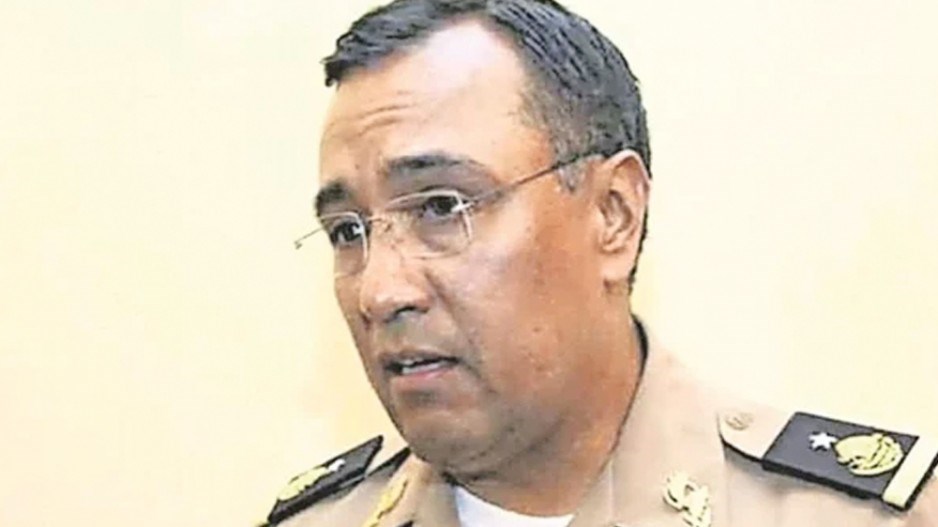A two-day B.C. Supreme Court extradition hearing for a former Mexican general, who is wanted for alleged theft of hydrocarbons, was suddenly adjourned Tuesday morning before it could start.
“There were some developments that transpired late last week,” federal prosecutor Amanjyot Sanghera explained to Associate Chief Justice Heather Holmes.
Sanghera revealed that a new supplemental record of the case against Eduardo Leon Trauwitz arrived via diplomatic channels from the Mexican government. He said he sent it immediately to Trauwitz’s lawyers on Thursday.
“It's not a pithy document, it contains approximately 15 pages of evidence,” Sanghera said. “Some of that evidence is from new witnesses, other portions of the evidence are from witnesses that have been previously named in the records of the case that have been disclosed so far, and provides further evidence. Some of it duplicative, but some of it is new as well.”
The Mexican government wants Canada to return Trauwitz, 56, to face trial on organized crime and fuel theft charges. It alleges that Trauwitz, while working as head of security for state oil company Pemex, facilitated theft of 1.87 billion litres of hydrocarbons from clandestine taps in Pemex pipelines.
In May 2019, Trauwitz fled to B.C., instead of appearing in a Mexican court, and applied for Canadian refugee status. He was arrested in December 2021 and freed on bail conditions in March 2022.
Holmes adjourned the extradition hearing until Feb. 21 and it could last more than two days.
“Given the volume of this information, which is actually lengthier than the original, in my view, it might be advisable to have an extra day,” Trauwitz’s lawyer, Tom Arbogast, suggested to Holmes.
The new evidence against Trauwitz arrived almost a month after Holmes allowed Trauwitz’s lawyers to present new evidence that could cast doubt on the Mexican government’s case.
The new defence evidence included a notarized statement from August of this year by a former Pemex worker concerned that his version of events had been distorted and words put in his mouth. Moises Angel Merlin Sibaja originally told prosecutors in 2017 and 2019 that he was threatened with firing if he did not follow orders from Trauwtiz and four others.
Holmes deemed some, but not all, of Sibaja’s statement admissible to the extradition hearing.
Arbogast told the court in December 2021 that his client had been the victim of a politically motivated prosecution by Mexican authorities. Instead of being a thief, he claimed that Trauwitz worked to stop thieves.
Last May, the court approved Trauwitz’s move from Surrey to the Burquitlam area of Coquitlam.
Trauwitz’s original bail conditions included a $20,000 surety, requirement to live with his daughter, an 11 p.m. to 6 a.m. curfew, around-the-clock wearing of an electronic monitoring device and regular reporting to a probation officer.



